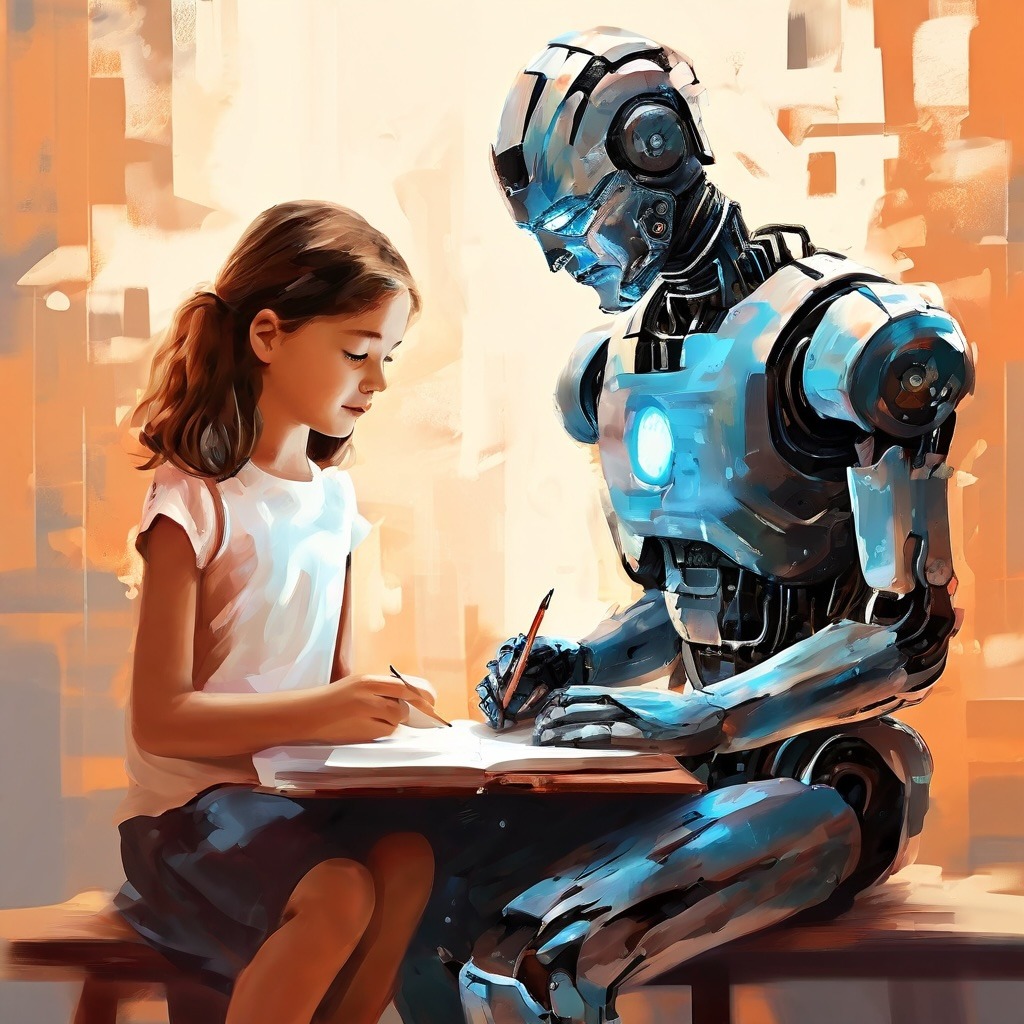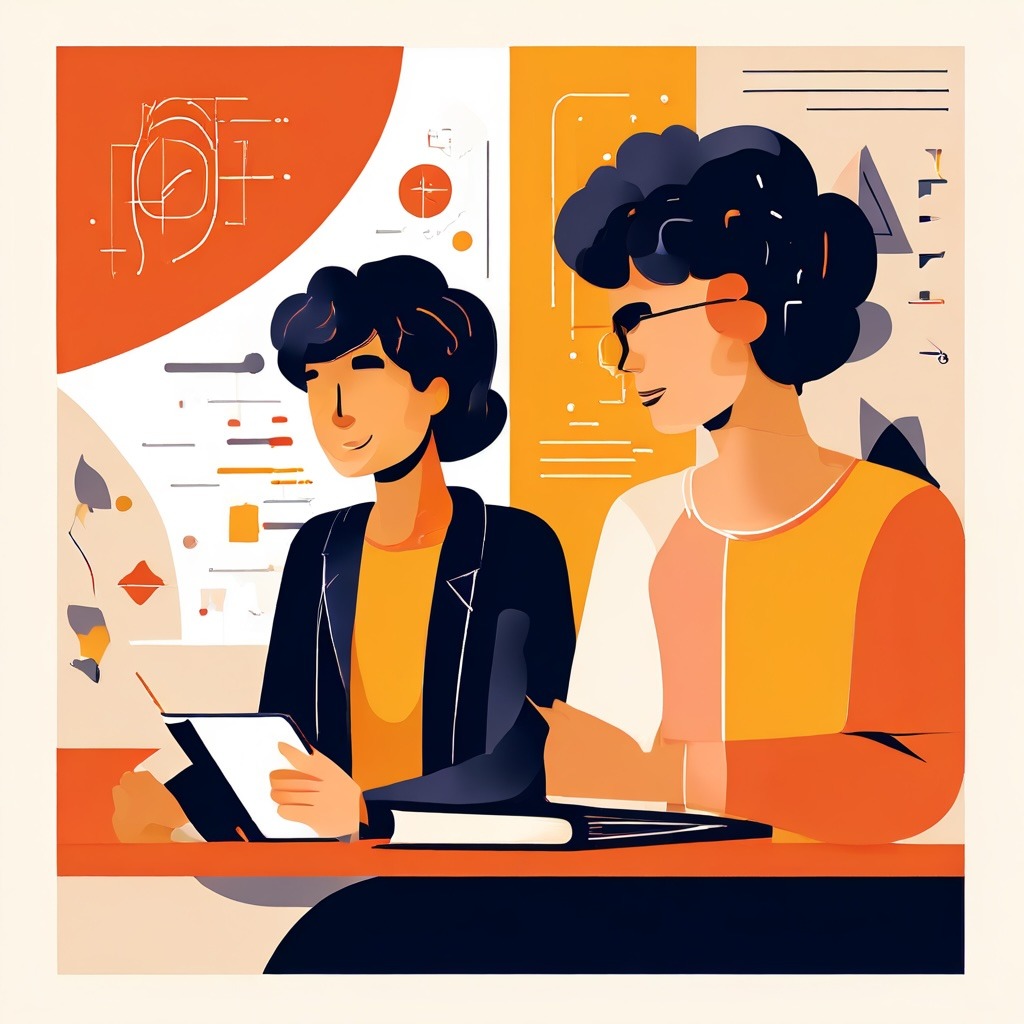The article explores the evolving role of Artificial Intelligence (AI) in education, particularly in 2023 classrooms where AI is gaining prominence. The key points of the article include:
- AI in Classrooms – An Arms Race: The article starts by highlighting a growing trend where students use AI tools like ChatGPT to complete assignments, leading to the development of tools to detect AI involvement in student work. It argues against viewing this as an adversarial ‘arms race’ between students and teachers, suggesting instead that AI should be used to support and complement teachers’ work.
- Teacher Stress and Burnout: It notes the high levels of stress and burnout among UK teachers, as reported in a 2021 YouGov TeacherTrack survey, and emphasizes that technological advances should alleviate, not exacerbate, these issues.
- AI’s Ethical Considerations: The article cautions against the indiscriminate use of AI, acknowledging its potential for harm through disinformation, deepfakes, and plagiarism. It emphasizes the need to maintain human judgment and control over AI.
- AI’s Role in Reducing Teachers’ Workload: AI can take over repetitive, tedious tasks like generating lesson plans, syllabi, and reading lists, allowing teachers more time for high-value activities such as mentoring. This delegation of tasks to AI can enhance the teacher’s role rather than diminish it.
- Personalized Learning Through AI: Modern Learning Platforms (MLPs) that incorporate AI can offer more personalized learning experiences, even in distance-learning settings. They can track individual student progress and adapt teaching methods accordingly, improving teacher-student relationships.
- Rethinking Assessment in the Age of AI: The article suggests a shift in assessment models to address the misuse of AI by students for tasks like essay-writing. It proposes high-touch, gamified evaluation experiences and competency-based learning, where AI aids in shifting focus from language purity checks to more effective and joyful learning.
- AI as a Value Center in Education: The piece argues for a reevaluation of education technology from being seen as a cost burden to a value center. AI-enhanced tools can increase teacher productivity and impact, reducing burnout and disaffection.
- Advocacy for Improved Classroom Technology: Teachers are seen as key advocates for a new perspective on classroom technology, viewing it as a pragmatic investment. The article concludes by encouraging a thoughtful harnessing of AI in classrooms to stabilize and support the teaching profession, countering the often negative portrayal of AI in the popular press.
In today’s ever-changing landscape of education, the integration of Generative AI and specifically ChatGPT holds immense potential in transforming the classroom experience. With the advent of this innovative technology, teachers now have access to a range of tools and resources that can enhance their teaching practices. The impact of Generative AI is far-reaching, enabling personalized and adaptive learning experiences for students. By harnessing the power of ChatGPT, teachers can create interactive and engaging lessons, foster critical thinking, and encourage collaboration among students. This exciting development in the field of education ensures that classrooms are equipped with cutting-edge technology, paving the way for a bright and promising future.
See also Empowering the Future: The Importance of AI Education
Read the full article HERE





